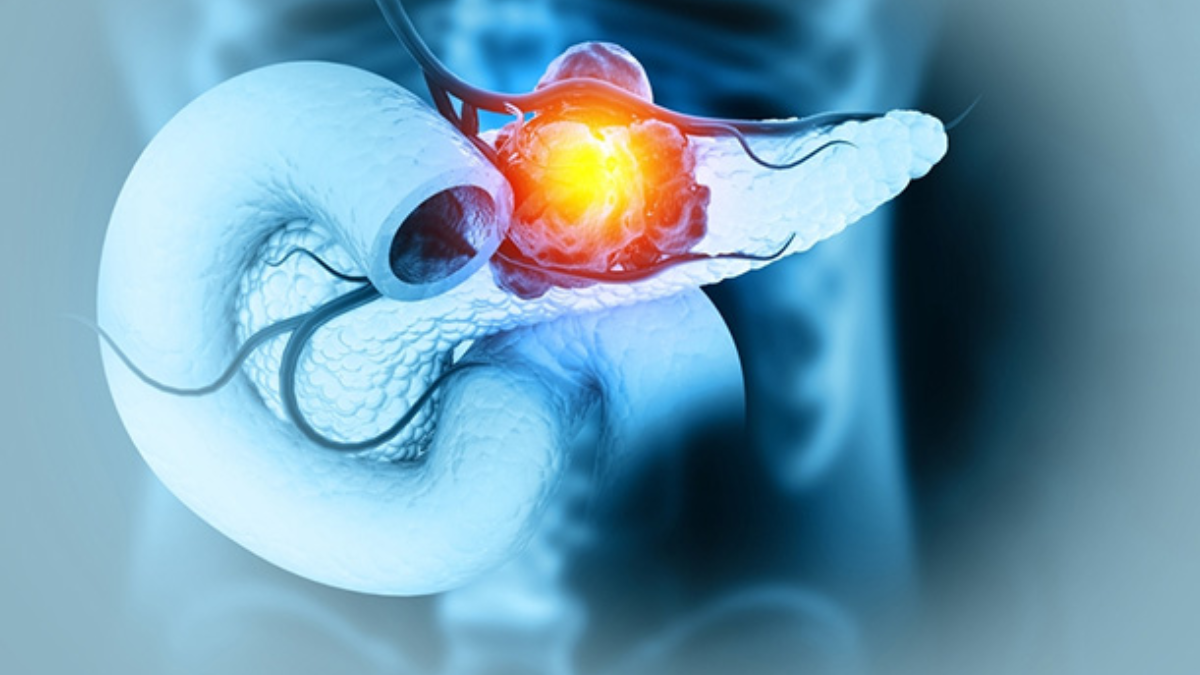
Unlocking the Secrets of Effective Pancreatic Cancer Treatment: What You Must Know!
Pancreatic cancer is one of the most complex types of cancer. Difficult detection, having an aggressive nature, multiple approaches in treating it and low survival rates, presents a significant challenge in oncology. However, advancements in medical research and treatment strategies offer hope for improving outcomes. Understanding the latest developments in pancreatic cancer treatment can provide crucial insights not just to the patients, but also to the doctors who treat it as well.
Pancreatic Cancer: What You Need To Know
Pancreatic cancer begins in the tissues of the pancreas, an organ located behind the stomach that plays a vital role in digestion and blood sugar regulation. The two main types are exocrine tumours, which make up about 95% of cases, and endocrine tumours, which are rarer. The most common form of pancreatic cancer is pancreatic ductal adenocarcinoma (PDAC).
Risk Factors and Symptoms
Several risk factors increase the likelihood of developing pancreatic cancer, including:
Age: Most patients are diagnosed after age 65.
Smoking: Smokers are two to three times more likely to develop pancreatic cancer.
Obesity: Excess body weight is linked to a higher risk.
Genetics: Family history and certain genetic mutations can increase risk.
Symptoms often appear in advanced stages and may include jaundice, abdominal pain, weight loss, and changes in stool. Early detection is challenging due to the pancreas's deep location in the abdomen.
Diagnostic Advances
Early and accurate diagnosis is crucial for effective treatment. Recent advances in diagnostic techniques include:
Imaging Technologies
MRI and CT Scans: These imaging tools provide detailed pictures of the pancreas, helping to identify tumors and assess their spread.
Endoscopic Ultrasound (EUS): EUS combines endoscopy and ultrasound to obtain high-resolution images and perform biopsies.
Biomarkers
Researchers are identifying biomarkers that can detect pancreatic cancer earlier. For instance, the CA 19-9 marker is used, although it is not definitive and is often combined with other diagnostic methods.
Liquid Biopsy
Liquid biopsy is an emerging technique that detects cancer cells or DNA fragments in the blood. It offers a non-invasive way to diagnose and monitor pancreatic cancer.
Treatment Strategies
Effective treatment for pancreatic cancer typically involves a combination of surgery, chemotherapy, and radiation therapy. The treatment approach depends on the cancer stage and the patient’s overall health.
Surgery
Whipple Procedure: This complex surgery removes the head of the pancreas, part of the small intestine, gallbladder, and bile duct. It’s considered for tumours confined to the pancreas head.
Distal Pancreatectomy: Removes the body and tail of the pancreas. It’s often combined with the removal of the spleen.
Total Pancreatectomy: Involves removing the entire pancreas and is less common due to significant impact on quality of life.
Minimally Invasive Surgery: Laparoscopic and robotic-assisted techniques are becoming more common, offering smaller incisions, reduced pain, and quicker recovery times while maintaining high precision in tumor removal.
Chemotherapy
Chemotherapy uses drugs to kill cancer cells or stop them from growing. FOLFIRINOX and gemcitabine are common regimens for pancreatic cancer.
Radiation Therapy
Radiation uses high-energy beams to destroy cancer cells. It is often used in combination with chemotherapy or surgery to shrink tumours and kill remaining cancer cells.
Effective Innovative Therapies
Advancements in treatment are expanding options for pancreatic cancer patients:
Targeted Therapy
Targeted drugs attack specific genetic mutations in cancer cells. For example, erlotinib targets the EGFR mutation in pancreatic cancer.
Immunotherapy
Immunotherapy harnesses the immune system to fight cancer. Checkpoint inhibitors and CAR-T cell therapy are being studied for their efficacy in pancreatic cancer.
Nanotechnology
Nanotechnology involves using nanoparticles to deliver drugs directly to cancer cells, minimising damage to healthy tissue. This method is under investigation for enhancing the effectiveness of chemotherapy.
Supportive Care and Palliative Treatments
For many pancreatic cancer patients, managing symptoms and maintaining quality of life is a primary concern. Supportive care and palliative treatments play an essential role in comprehensive cancer care:
Pain Management
Effective pain management strategies, including medications, nerve blocks, and complementary therapies, help control pain and improve patient comfort.
Nutritional Support
Addressing dietary challenges and ensuring adequate nutrition through specialised diets and supplements can significantly impact a patient’s well-being.
Psychological Support
Counselling and support groups provide emotional and psychological support, helping patients and families cope with the challenges of cancer treatment.
Tackle Pancreatic Cancer with Precision and Expertise
Pancreatic cancer remains one of the most challenging cancers to treat, but advancements in diagnostic and therapeutic strategies offer new hope. Understanding the complexities of the disease and exploring innovative treatment options are crucial for improving patient outcomes. Under the expert care of specialists like Dr Santosh Anand, patients can access cutting-edge treatments that enhance their chances of survival and quality of life.
A leading surgical gastroenterologist, Dr Anand specialises in the treatment of pancreatic cancer. With extensive experience and a commitment to offering treatment that effectively helps the patient, he ensures that every patient should have a positive outcome with his treatment consisting of the latest diagnostic and treatment techniques. His multidisciplinary approach ensures comprehensive care, addressing both the medical and supportive needs of patients.

